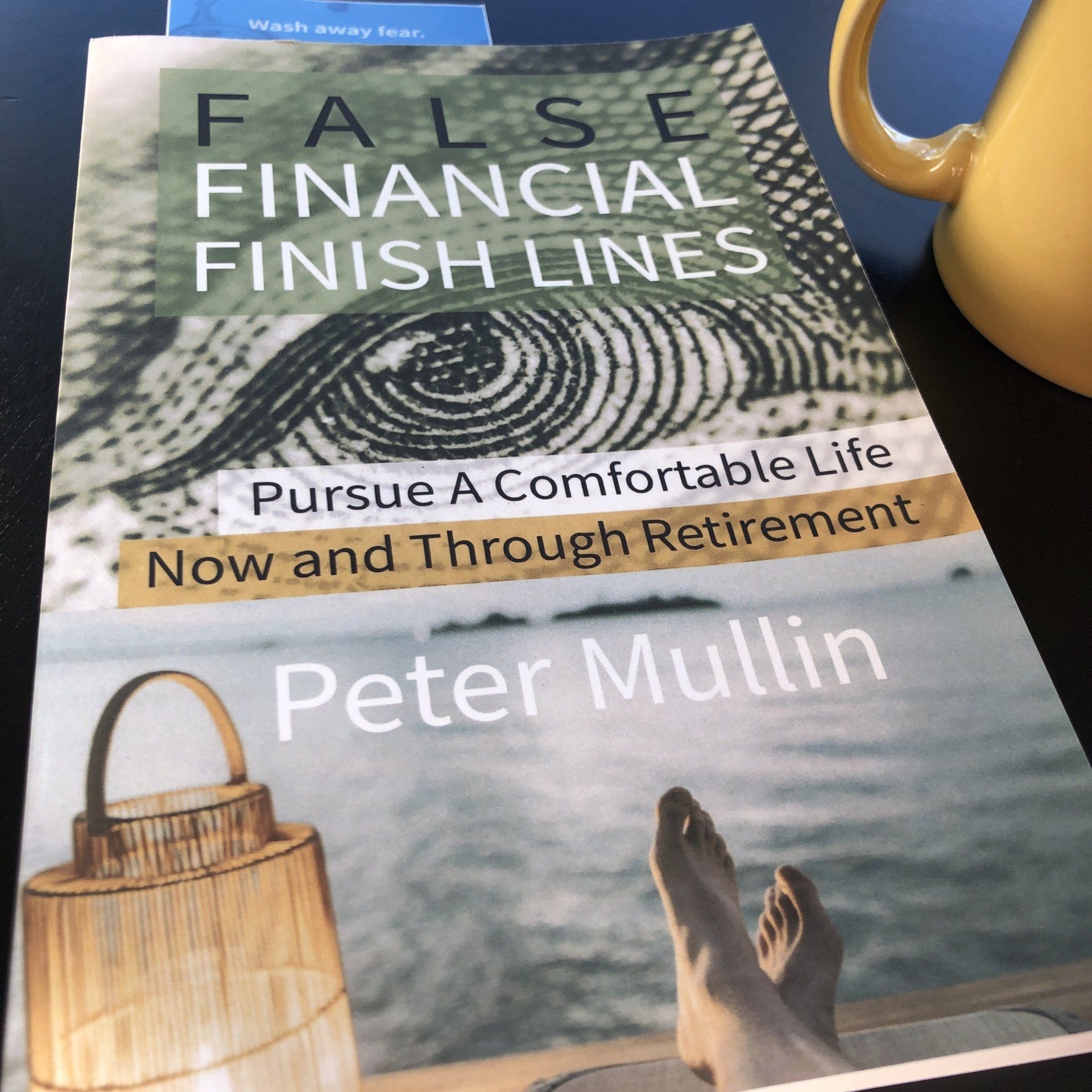Times your friends and family should really call a financial advisor

Times your friends & family should really call a financial advisor
You’re buying or selling a home
A lot of money and time goes into a home purchase. A financial consultant can review your unique circumstances and give you general and more direct financial guidance. What would happen if you bought a home that was on the more costly side for your family? What if you lost your job? What’s a comfortable budget for your home expenses?
Buying a car
Really? Yes! Cars have an impact on your budget, too, right?
Prioritizing Debt: Student Loans
What would life be like without that pesky monthly loan payment? What if you paid it off as quickly as possible? Would you have more money in retirement?
See my blog entry here.
Career Transitions
Voluntary or not, career changes can come with changes in benefits and differences in income. Are you anticipating an increase in income? What would saving it for retirement do for future you? Are you enrolling in a new 401(k)?
Marriage
Many things change with marriage. I read in all sorts of opinion articles about how important it is to be on the same page financially before and throughout your marriage. An objective point-of-view can give offer goals and common practices to discuss.
Family changes - newborns!
Has your family changed in the past year? Have you welcomed a little one into your life? What can you do today for their future? Are your children college bound?
Death
The loss of a loved can be a very painful & stressful life experience. It’s not just the funeral & the immediate loss. It’s the things that continue to come up after the loss of a loved one.
Inheritance
Before you receive your inheritance, learn about your options.
***
The opinions voiced in this material are for general information only and are not intended to provide specific advice or recommendations for any individual.
- Mullin's take on the "4% Retirement Rule"
- Navigate "Bad Portfolio Weather"
- Tips to Optimize Social Security





Articles and Assets
What are your Priorities?
Well it’s the end of the year. I just searched on Google for “market outlook 2018.” I came up with a little over 58-million “results.”
So should you be investing in stocks in 2018? The quick answer: It’s likely a prudent part of your portfolio. But it depends on your circumstances, right?
It’s apparently popular to throw your hat in the ring.
A mantra that you hear among disciplined professionals is to “stay the course.”
Then you hear “sell high, buy low.”
Who’s right?
The relief of a disciplined strategy is that it can be tailored to you. And tailor we think you should.
Yes, it’s possible that an investor may not utilize stocks in their portfolio at all. Or you may decide to go “all in” with a diversified stock portfolio.
(Side effects from tailoring a strategy may include increased confidence & persistence, apathy toward daily market reports, and increased focus on what really matters.)
Let’s begin with the “Why” of investing for you. Then you can request 15-minutes on the phone discuss your “how.”
So “Why Should You Invest”
Life changes and our “why” of investing ought to transform with life. Some invest for sport – they like the risk/reward of investing – they’re in it for the thrill. I don’t hang with this crowd.
Most of us ought to invest for things we want. Our money & our goals are serious. By investing in a diversified portfolio we can pursue things we want.
1. Living A Comfortable Retirement: Retirement is a noun. It’s up to you to really design and live a retirement that reflects you.
2. Purchasing a Home: Home is a place to live. It can take a down payment.
3. Passing an Inheritance on to Family:
4. Student Loan Shield: This idea is important for many Millennial graduates. Student loans can dominate your budget. But instead of accelerating those payments, what if you paid your required payments, and then invested the additional money that you were going to pay against your loan balance?
5. Emergency Reserves: You probably have read that it’s prudent to keep a relative healthy amount of cash in your checking/savings. Once you’ve achieved that, then you can consider investing additional funds. Go a step further and consider a non-retirement account for you and your house. You can spend this on cars, vacations or use it just as described in #4.
The Dow Jones has seen positive results, so far, in 2017. It’s unusual and sort of uncomfortable as the independent financial advisor. Why is it uncomfortable?
What would sting & linger longer? Finding $20 in the parking lot? Or finding a $20 parking fine on your windshield?
We’ve been finding a lot of metaphorical “$20’s” (i.e. “positive results”) in our portfolios this year. So the second we find a parking fine (or a few in a row) we’ll be sure to ask if stocks are still the right place to park our money.
Complacency can work against us, Dear Clients. Just keep recalling your long-haul strategy and your “why” of investing.
***
Peter Mullin is an independent financial advisor registered through LPL Financial. He lives in Rogers, MN with his family. He was born and raised in St. Cloud, MN. Mullin Wealth Management is located in Waite Park, MN.
The opinions voiced in this material are for general information only and are not intended to provide specific advice or recommendations for any individual.
Investing involves risk including loss of principal.
There is no guarantee that a diversified portfolio will enhance overall returns or outperform a non-diversified portfolio. Diversification does not protect against market risk.
All performance referenced is historical and is no guarantee of future results.
All indices are unmanaged and may not be invested into directly. No strategy assures success or protects against loss.









